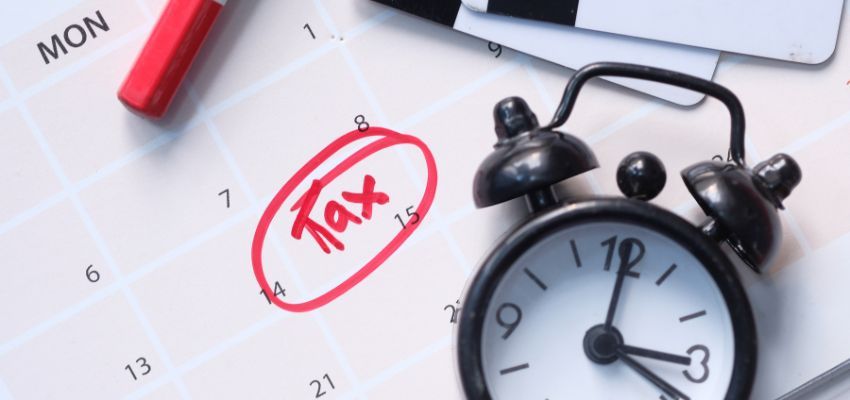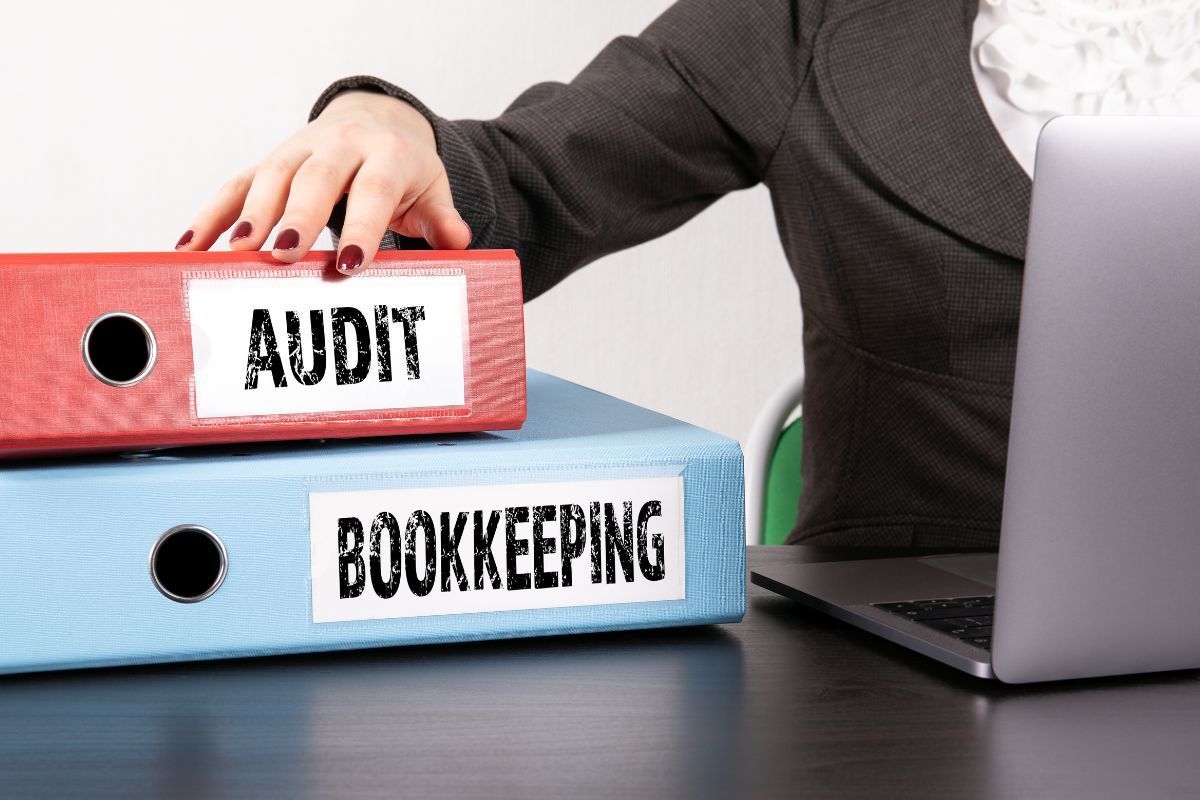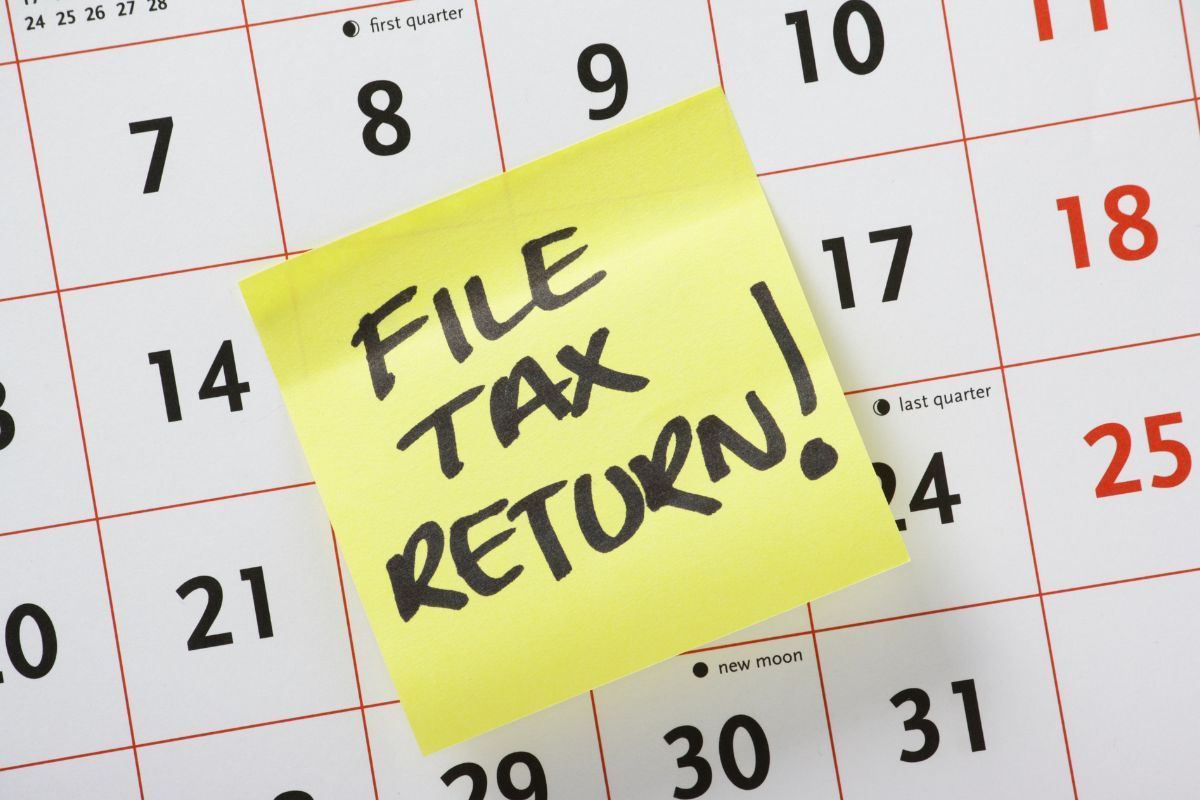Small Business Tax Filing: A Beginner's Guide
Tax season can be challenging for small businesses in Canada, and mistakes can cost you more than just time. Accurate tax filing is more than following rules. It helps you avoid penalties, protect cash flow, and keep your business running smoothly. The Canada Revenue Agency (CRA) has clear guidelines to help you stay compliant and safeguard your business's financial health.
In this article, we’ll explore everything about small business tax filing. Learn your tax obligations, choose the correct forms, find common deductions, meet deadlines, and avoid mistakes. Whether you're new or refining your process, this guide has you covered.
Understanding Your Tax Obligations In Canada
As a small business owner in Canada, small business tax filing is essential to support important public services and programs. The Canada Revenue Agency (CRA) oversees tax law compliance, so it's crucial to understand your tax obligations and deadlines. By staying informed and organized with tax filing for small businesses, you can keep your establishment on the right track.
Types Of Taxes For Small Businesses
- Income Tax. All businesses are required to report their earnings and pay income tax. The tax rate depends on your business structure. Filing requirements vary for sole proprietorships, partnerships, and corporations.
- GST/HST (Goods and Services Tax/Harmonized Sales Tax). Depending on your province's regulations, if your business earns more than $30,000 annually, you must charge and remit GST or HST.
- Payroll Deductions (for Employers). If you have employees, you must withhold income tax from their wages. You must also deduct Canada Pension Plan (CPP) contributions and Employment Insurance (EI) premiums. These deductions must be submitted to the CRA regularly.

Business Structures And Tax Implications
Your business structure determines how you file taxes:
- Sole Proprietorship. Business income is reported as part of your personal tax return.
- Partnership. Income is divided among partners and included in their individual tax returns.
- Corporation. Corporations file tax returns using a T2 form and are subject to distinct corporate tax rates.
Understanding these tax requirements and how they relate to your business structure can help ensure compliance and avoid unnecessary complications.
Choosing The Right Tax Forms
Choosing the appropriate tax forms for your business is crucial to staying compliant with the CRA. Different forms are designed to meet the needs of various business structures.
Here are the key ones to know:
- Form T2125. Designed for sole proprietors and partnerships to report business income and expenses.
- Form T2. Used by corporations to declare income, expenses, and deductions.
- GST/HST Returns (e.g., GST34): Required to report and remit collected GST/HST.
When filing taxes for small businesses, always confirm which forms are relevant to your business to avoid errors, delays, or penalties.
Top Tax Deductions For Canadian Small Businesses
Tax deductions effectively reduce your taxable income and lower your tax burden. Here are some of the most common deductions available to small business owners in Canada:
- Home office expenses. You can claim part of your household expenses if you work from home. This includes utilities, internet, rent, mortgage payments, and maintenance costs.
- Vehicle expenses. If you use your vehicle for business, you can deduct several expenses. These include fuel, insurance, repairs, maintenance, and depreciation.
- Travel and meals. Business travel outside your area is tax-deductible. This includes transportation, meals, and accommodations.
- Business insurance premiums. Premiums paid for business-specific insurance policies are fully deductible.
- Employee wages and contractor payments. Payments to employees, freelancers, and subcontractors are deductible. These deductions help reduce labor costs.
Keep detailed records like receipts, invoices, and mileage logs to back up your claims and maximize your deductions. With proper documentation, you can make the most of these tax-saving opportunities.
Tax Filing Deadlines
Keeping track of tax deadlines is essential to avoid unnecessary penalties and interest. Here's a clear breakdown of what you need to know:
Sole Proprietors And Partnerships
Filing Deadline: June 15. All taxes you owe must be paid by April 30 to avoid incurring interest charges.
Corporations
Filing Deadline: Six months after the end of your fiscal year. Taxes owed are typically due two months after your fiscal year-end.
GST/HST Filing
Deadlines vary based on your filing frequency, whether monthly, quarterly, or annually.
Small Business Tax Filing Methods
Filing taxes was a tedious, manual process, with individuals and businesses filling out forms by hand. Advancements in technology have made tax filing much more manageable. Many people now use software to streamline the process. This also helps reduce the chances of errors.
When it comes to filing your taxes, you have three main options:
Filing With Tax Software
The CRA requires all tax software to be certified before use. Using uncertified software could lead to filing errors and potentially costly penalties. Ensure the CRA approves your chosen small business tax filing software to avoid these issues.
Filing Taxes Online
Once your taxes are prepared, you can submit them online via various CRA e-services.
- For business owners: File GST/HST, payroll, and corporate income taxes through the My Business Account portal.
- For individuals reporting business income on personal tax returns: Use the My Account portal to submit your taxes quickly and securely.
Filing online is fast, reliable, and eliminates the need for paper submissions.
Using NETFILE
NETFILE is an electronic filing service that allows eligible Canadians to submit personal income taxes directly to the CRA. To use NETFILE, you must have CRA-certified tax software.
This method lets you file directly through your software and provides instant confirmation from the CRA. You don't need to send receipts unless requested later. If you're due a refund, NETFILE speeds things up by directly depositing money into your account.
Filing Taxes By Mail
If you prefer a conventional approach, file your taxes by mail. Print the necessary forms, complete the paperwork, and double-check before sealing it in an envelope. Use the correct CRA mailing address and consider insurance or tracking for added security. Note that mailed returns take about four to six weeks to process.
No matter which method you choose, small business tax filing doesn't have to be a stressful experience. Utilizing available tools and resources can streamline the process, ensuring your taxes undergo accurate and timely filing.
Prepare Proper Documentation
Tax season can be stressful, but preparation helps. Collect your records, know your tax credits, and list deductible expenses. Be ready before the deadlines, which vary by business structure.
Business owners must keep detailed records. All business-related expenses from the past six years must be documented. These records are invaluable when it's time to claim deductions and tax credits.
Examples of essential documents include:
- Financial statements
- Invoices
- Receipts
- Cheques
- Tax returns
- Bank and credit card statements
Staying organized and informed can make tax season much more manageable and ensure you don't miss out on valuable deductions or credits.
How To Avoid Penalties
Staying on top of your finances is crucial to avoid penalties and unnecessary stress. Here are some simple strategies to help you stay organized and meet your deadlines:
- Use accounting software. Simplify your financial tracking. Manage expenses, invoices, and deadlines all in one place.
- Set calendar alerts. Schedule reminders for important dates to ensure you never miss a filing deadline.
- Work with an accountant. Working with a professional from reputable firms such as Adil CPA saves time. It reduces errors and helps you stay compliant. Avoid penalties with expert support.
Missing deadlines can result in penalties. These include a percentage of your unpaid balance and daily interest.
Frequently Asked Questions
Do I need to file taxes if my business didn't turn a profit?
Absolutely. Even if your business operated at a loss, you must still file a tax return. The good news? Losses can often be carried forward to counteract future profits, which may help reduce your tax burden.
Can I deduct personal expenses as business expenses?
No, personal expenses cannot be claimed as business deductions. Only costs directly related to running your business are eligible for deduction.
What should I do if I make a mistake on my tax return?
If you spot an error on your tax return, don't worry. You can correct it by amending your return through the CRA's My Business Account or submitting an adjustment request by mail.

Simplify Small Business Tax Filing And Stay Ahead
Filing taxes might feel overwhelming, but staying organized and informed makes small business tax filing much more manageable. By understanding your obligations, using the correct forms, claiming deductions responsibly, and meeting deadlines, you can confidently handle your taxes while focusing on growing your business. If in doubt, seek guidance from a tax professional or CRA resources to ensure compliance and avoid costly errors.
Want more information?
Richmond Hill, ON
Calgary, AB
Vancouver, BC
Ottawa, ON
Winnipeg, MB
Hamilton, ON
Halifax, NS
Mississauga, ON
Toronto, ON
Brampton, ON
Oakville, ON
Milton, ON
Markham, ON
Vaughan, ON



